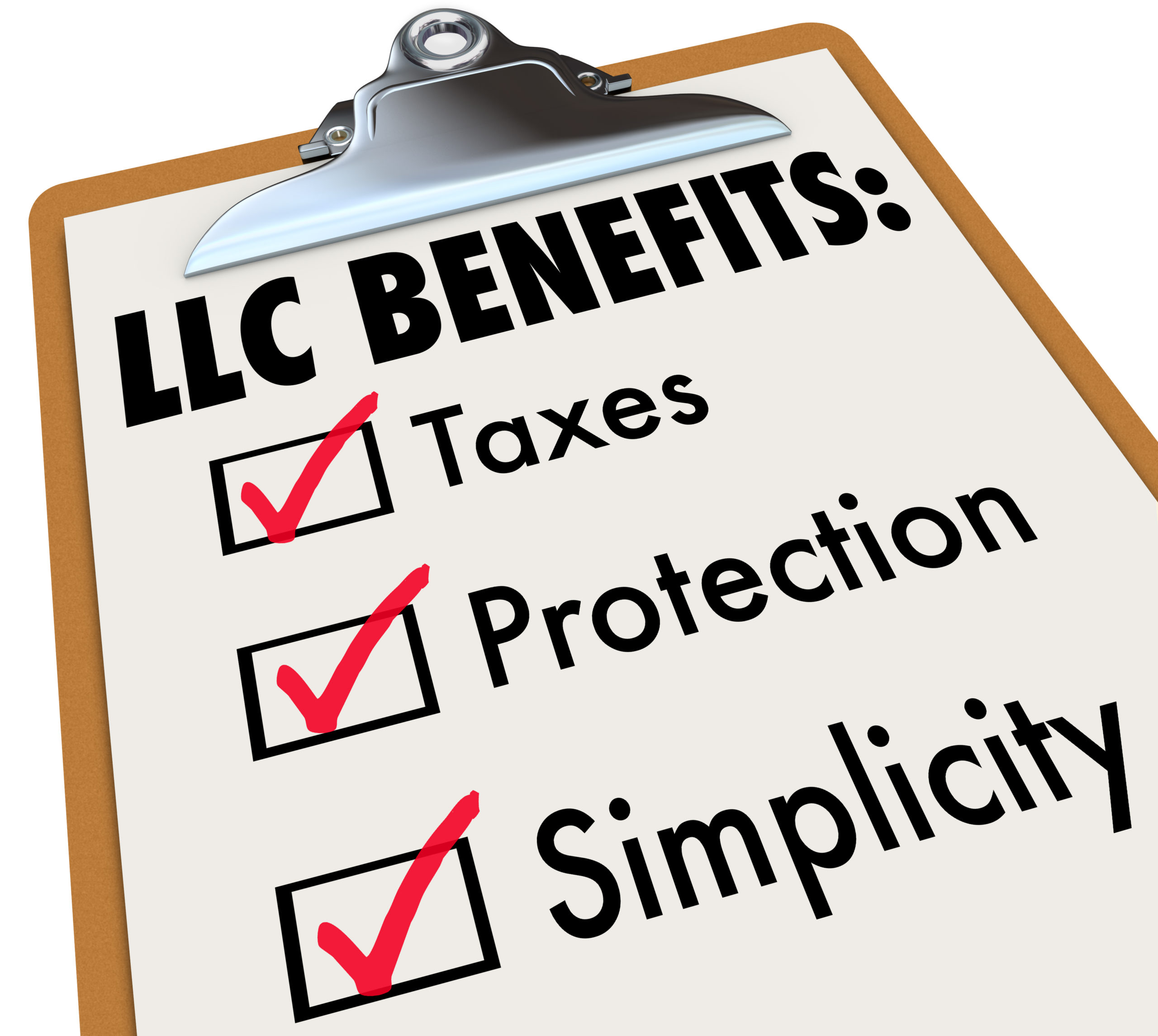
What Benefits Do LLCs Offer?

When starting a business, one of the first questions you’ll need to answer involves picking a type of business formation for your company. In recent years, many small business owners and entrepreneurs have been choosing to set up their businesses as limited liability companies, or LLCs.
LLCs are a relatively newer form of business structure that combines aspects of corporations and partnerships, while also offering business owners significant flexibility in structuring how the company will be owned and managed.
Forming a Business: What Type of Structure Is Right for Me?
When you are forming a business, you have several options for how to legally structure your business. Depending on factors such as how many owners the business will have and what objectives the business is intended to achieve, you may have the option to structure your business as a:
- Sole proprietorship, an unorganized business form in which the business is legally indistinguishable from the business’s sole owner.
- Corporation
- Partnership
- Limited Liability Company
Why an LLC Might Be Right for You
Limited liability companies offer several distinct advantages, including:
- Limited liability for the company’s owners and managers, who typically cannot be held responsible for the company’s debts or other legal liabilities.
- Flexibility in the management structure. Because LLCs were originally designed as a hybrid of a corporation and a partnership, LLC owners have the flexibility to incorporate aspects of ownership and management structures from both types of business entities. An LLC can be run almost like a corporation or almost like a partnership or may have a structure somewhere in between the two.
- Less administrative paperwork, since LLCs are not required to be run by a board of directors but instead can have a single manager responsible for operating the company.
- Flexibility in taxation. By default, LLCs are entitled to pass-through taxation under sole proprietorship or partnership taxation. However, LLCs may elect to be taxed like a corporation.
- Flexibility in allocating profits and losses among owners, which can allow for distribution arrangements different from the proportion of ownership interests.
An LLC may prove right for you if you’re a solo entrepreneur or part of a small ownership team since the LLC form can offer significant flexibility and ease in managing the company, which can prove critical when launching a business. An LLC may also be right when you have personal assets you want to protect from liability that the business may generate since the LLC is considered a separate legal entity from its owners.
How MHC Can Help
At Mullin Holland & Cooper, our North Carolina business lawyers can help you understand the benefits and features of the limited liability company business form. We can sit down with you to discuss your business goals and needs to provide tailored advice as to whether an LLC might be the best form of business organization for your company. Our legal team can also work with you through the company formation process, helping you to prepare organizational documents for your LLC and structure your company’s operating agreements.
Contact Mullin Holland & Cooper today for an initial consultation to learn more about LLC and the business formation process and to discuss how our experienced North Carolina business attorneys can help with getting your company started.






